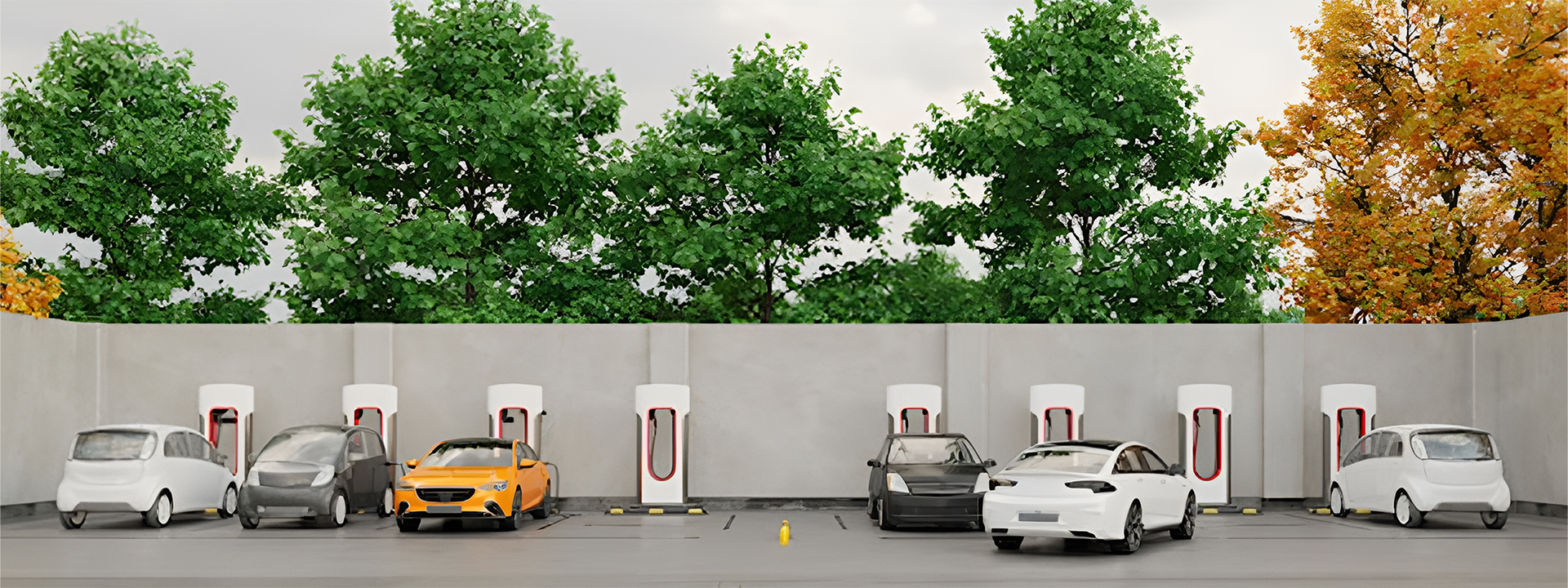
How to Maintain Electric Vehicle Charging Station
- numocity
- October 28, 2023
In the ever-evolving landscape of sustainable transportation, electric vehicles (EVs) are becoming increasingly popular. As a result, the demand for EV charging stations is on the rise. Effective management of these charging stations is crucial to ensure their availability, reliability, and user satisfaction. In this blog, we’ll explore six best practices for EV charging station management that can help station operators and businesses meet the growing needs of EV owners.
Regular Maintenance and Monitoring
One of the most critical aspects of managing EV charging stations is regular maintenance and monitoring. Just like any other piece of machinery, charging equipment can wear down over time. To ensure optimal performance and avoid downtime, station operators should
- Conduct routine inspections: Regularly inspect charging equipment to identify and address any physical or operational issues.
- Perform preventive maintenance: Schedule maintenance checks to replace worn-out components, clean connectors, and ensure proper cooling.
- Utilize remote monitoring: Implement a remote monitoring system that allows real-time tracking of station performance. This helps operators detect issues early and respond promptly.
User-Friendly Experience
A seamless and user-friendly experience is essential to encourage EV adoption and retain customers. To enhance the user experience, consider the following:
- Clear signage and instructions: Provide clear and easy-to-understand signage and instructions at charging stations to guide users on how to initiate charging.
- Multiple payment options: Offer a variety of payment options, including mobile apps, RFID cards, and credit card payments, to cater to a wide range of users.
- Customer support: Establish a responsive customer support system to assist users in case they encounter any issues or have questions about the charging process.
Accessibility and Location
The location of charging stations plays a pivotal role in their effectiveness. Consider these factors when selecting charging station locations:
- High-traffic areas: Place charging stations in high-traffic areas, such as shopping centers, office complexes, and along major highways, to maximize their utility.
- Adequate signage: Ensure that the charging station’s location is well-marked and easily accessible for users.
- Consider urban planning: Collaborate with local authorities and urban planners to integrate EV charging infrastructure into city development plans.
Scalability and Future-Proofing
EV adoption is on the rise, and it’s essential to plan for future growth and technological advancements. To future-proof your charging station network:
- Scalability: Design your infrastructure to be easily expandable, allowing you to add more charging stations as demand increases.
- Compatibility: Invest in versatile charging equipment that can adapt to different EV models and charging standards.
- Keep abreast of technology: Stay informed about emerging EV technologies and industry standards to stay ahead of the curve.
Energy Management and Efficiency
Efficient energy management is crucial for the sustainability and cost-effectiveness of EV charging stations. Implement these strategies:
Time-of-Use (TOU) pricing: Adjust pricing based on electricity demand to encourage off-peak charging, which can reduce costs and stress on the grid.
Renewable energy integration: Consider utilizing renewable energy sources, such as solar panels or wind turbines, to power your charging stations, reducing their carbon footprint.
Data Analytics and Customer Insights
Leveraging data analytics can provide valuable insights into station usage and user behavior:
- Data collection: Gather data on station usage, user demographics, and charging patterns.
- Customer insights: Analyze the collected data to gain a better understanding of your customers’ needs and preferences.
- Data-driven decisions: Use these insights to make data-driven decisions on station placement, pricing, and expansion.
In conclusion, effective management of EV charging stations is essential to support the growing EV market and ensure customer satisfaction. By following these best practices, station operators and businesses can create a robust and user-friendly charging network that contributes to the widespread adoption of electric vehicles, reduces carbon emissions, and fosters a sustainable future for transportation.


